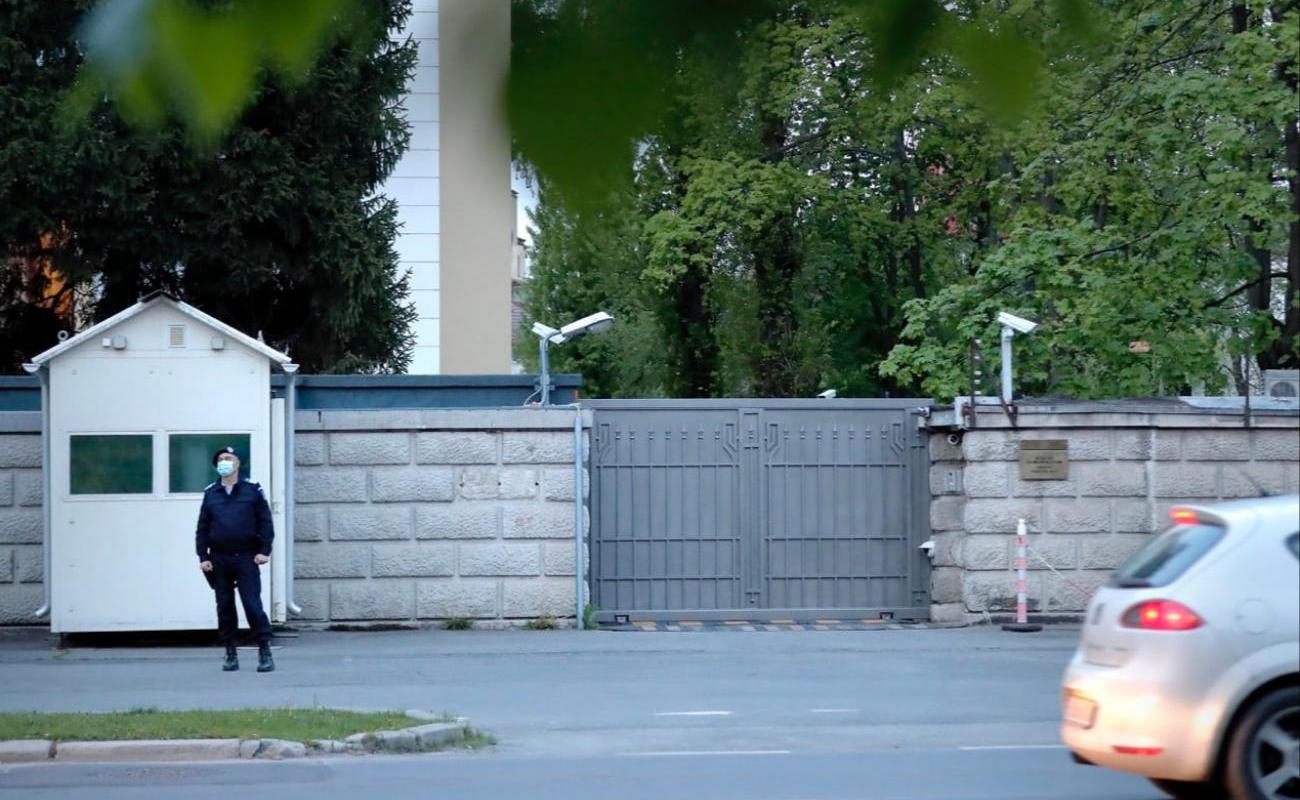Romania Detains Six for Alleged Treason, Ties to Russia

Prosecutors claim suspects were working to undermine Romania’s sovereignty – and even negotiating with Russian agents on its withdrawal from NATO.
Prosecutors from Romania’s anti-organised crime unit, DIICOT, on Thursday announced the detention of six people suspected of treason and of “undermining the sovereignty and independence of the Romanian state through political subversion and the weakening of the country’s defence capacity”.
Investigators say the group established contacts with foreign agents in Romania and Russia and “took steps to negotiate with external political-military actors regarding Romania’s withdrawal from NATO”.
They also allegedly sought to overthrow the constitutional order, dissolve political parties, install a new government, adopt a new constitution and change the country’s name, flag, and national anthem.
Some of the suspects allegedly made repeated contact with foreign agents, both within Romania and Russia.
“Two of the defendants travelled to Moscow in January where they met individuals willing to support their organisation’s efforts to seize power in Romania,” a DIICOT press release said.
Among those detained was 101-year-old Radu Theodoru, a retired general, who has a long history of promoting anti-Semitic rhetoric and Holocaust denial.
According to prosecutors, Theodoru was the honorary leader of an organisation known as the Vlad Tepes Command Centre, which describes itself as a structured military entity. Vlad Tepes (Vlad the Impaler, in English) was a medieval ruler notorious for his brutality and served as an inspiration for the Dracula legend. Some in Romania regard him as a symbol of strong leadership and radical justice.
Prosecutors say, pointing to statements published on the group’s website, that the group attempted to orchestrate a coup in Romania and to replace the country’s current constitutional institutions. The group sought also to rename the country “Getia”, an ancient term referring to contemporary Romanian territory, aimed to amend the constitution, reclaim “historically stolen territories from Ukraine” and “reestablish economic and cultural ties with Russia, China, and Iran”.
On Wednesday evening, Romania also expelled the Russian military attaché and his deputy for what it described as activities violating diplomatic rules. Bucharest did not provide further details. Moscow vowed to respond.
The moves are the latest signs of growing tensions between Romania and Russia amid the ongoing war in Ukraine and allegations of electoral interference that led to the annulment of Romania’s presidential elections last December.
Last month, Romanian authorities launched an investigation into a group of 27 people for allegedly “acting against Romania’s constitutional order” and “creating an organisation that spreads fascist, racist and xenophobic messages”.
In a related development, on February 26 prosecutors indicted the right-wing presidential candidate Calin Georgescu on six charges, including incitement to undermine the constitutional order, spreading false information and founding an anti-Semitic organisation.
Georgescu, a populist politician known for his NATO-sceptic and pro-Russian views, faces ten to 20 years in prison if convicted, and may be barred from May’s re-run presidential election. He was leading in the first round of the initial election held last November before it was annulled by the Constitutional Court.
Georgescu’s surprise win sent a signal that EU-member Romania was joining the region’s growing trend toward far-right populism.
The Constitutional Court in December ordered a re-run of the vote citing alleged manipulation of public opinion by a “foreign state”, likely referring to Russia.
NOTE: This article was amended on March 7, 2025 to provide more detail of the prosecution’s allegations.
